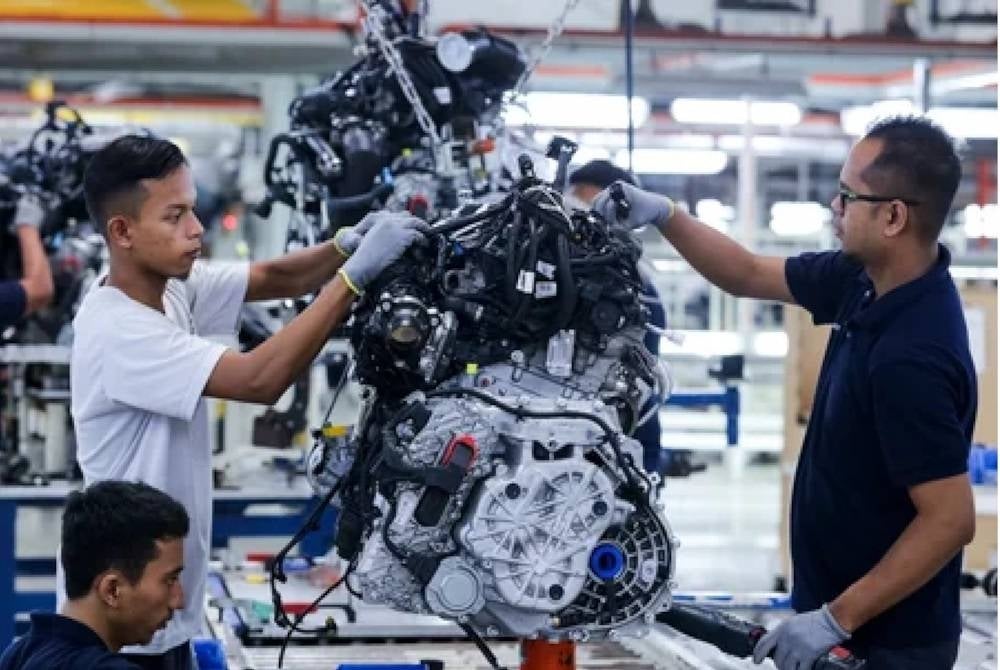SHAH ALAM - There are graduates with diplomas and degrees from Technical Education and Vocational Training (TVET) institutes who do not obtain the proper recognition in terms of equivalent posts and remuneration in the public sector.
In revealing this, the Malaysia Board of Technologists (MBOT), believed that engineering and technology diploma or degree holders from TVET institutes receive a salary of RM400 to RM500 less than graduates from other universities when they join the public sector.
Meanwhile, the reality is that these graduates from TVET institutes and public universities carry out almost the same job scope in technical and technological aspects, covering maintenance and monitoring.
In realising this, MBOT has been in close contact with the Public Service Department (JPA) to ensure that diploma and degree holders in the relevant field get proper recognition, especially in the public sector.
Its president Datuk Dr Siti Hamisah Tapsir added that currently more than 65,000 technologists and technicians are registered with the board.
She explained that MBOT's current focus is for all employers in the public and private sectors to review the recruitment policy of the service scheme and salary determination for technology and skills graduates.
"We found that the government sector still has room for improvement in terms of accepting (skilled graduates) compared to the private sector, while at the same time the government wants to dignify the TVET field.
"So, from time to time, MBOT always engages with JPA and employers so that they understand the equality and importance of civil servants who have a technological background and skills," she told Sinar Harian.
Siti Hamisah added that public services in developed countries depend on deep technology in service delivery such as artificial intelligence (AI) and big data (Big Data).
"I see it as important that all technology and technical service schemes in various government departments, such as the Road Transport Department (JPJ), the Fire and Rescue Department, the Malaysian Marine Department, the Malaysian Armed Forces (ATM) and so on, get due recognition by the government," she explained.
She added that the time has come for the non-uniform recognition issue in the government service to be resolved definitively to defend the fate of graduates with relevant skills.
According to her, the recruitment policy of human resources in parallel with the development of technology will have an impact on the future of TVET and teenagers will be interested in continuing their studies in the field.
"In fact, they will feel that their field is properly recognised because TVET also has competition from gig jobs such as e-hailing drivers, which are seen to be more flexible and give better returns.
"If this issue is not addressed comprehensively, it will have an impact on the country's development in an effort to increase the number of TVET graduates," she said.
She further added that MBOT hopes to see the issue given serious attention because TVET graduates also contribute greatly to the national economy.
For the record at this point, there are 1,295 public and private TVET providers regulated by 11 ministries, including 22 state government TVET institutions that provide certificate- and diploma-level studies and training.


